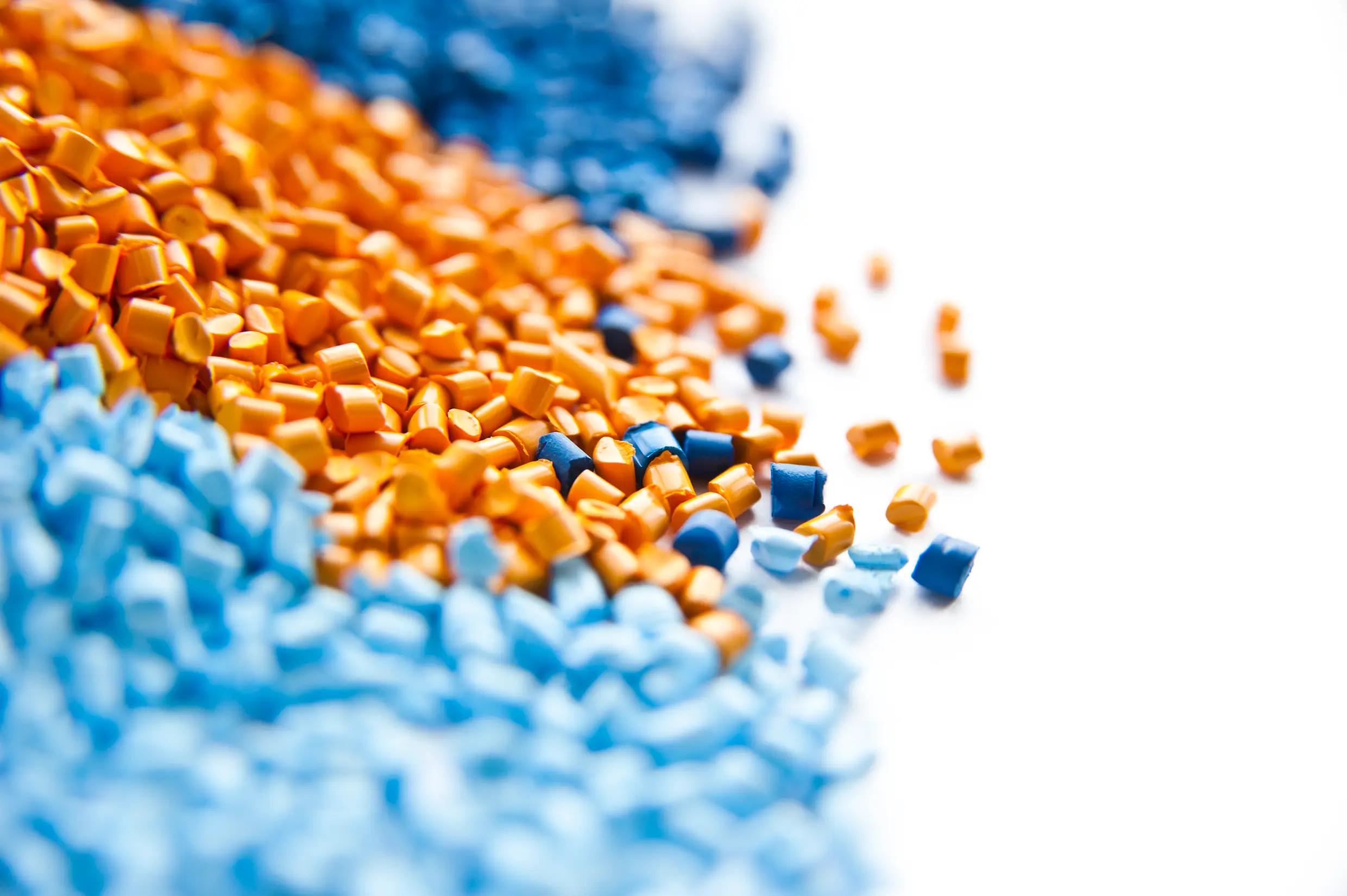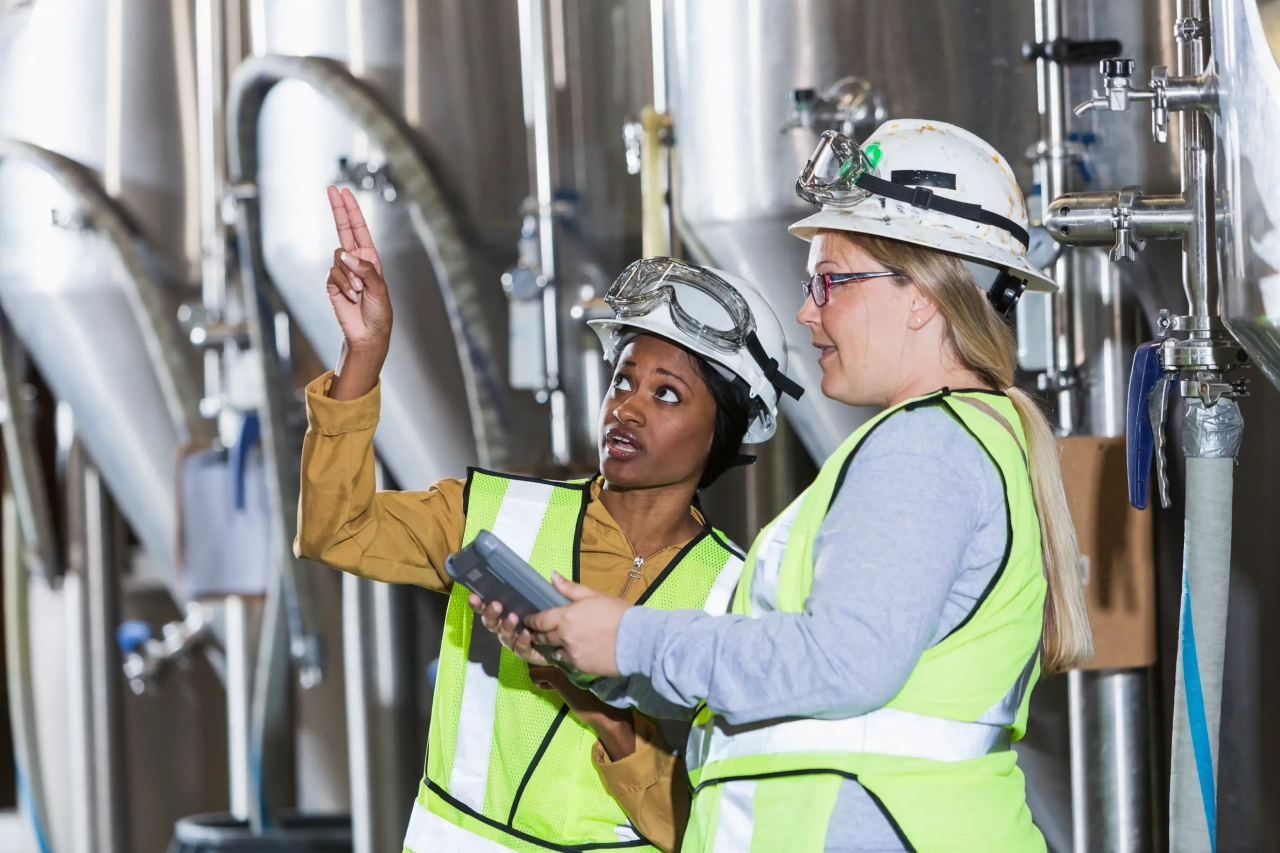Advanced recycling technology presents a significant opportunity to address the issue of plastic waste in the environment and help our society build a cleaner, more sustainable future. Instead of treating post-use plastics as waste, these innovative technologies are taking used plastics and turning them into valuable new products.
This helps keep more plastic waste out of oceans and landfills and reduces the use of fossil-based energy and resources, which avoids further greenhouse gas emissions. However, the potential of these technologies will not be met if consumers and policymakers are not confident that the emissions from them are well regulated and kept at or below established standards for clean air.
Fortunately, Good Company, a sustainability consulting firm, is helping to clear the air. Its new report finds that advanced recycling facilities are subject to the same regulatory controls and laws, like the Clean Air Act, as other types of manufacturing operations. Advanced recycling technologies are better for our planet than extracting virgin natural resources.’
Here’s a quick look at the report’s key findings:
- Advanced recycling facilities are most appropriately regulated as manufacturing operations and are subject to Clean Air Act (CAA) limits as well as applicable state and local regulatory authorities.
- Emissions produced by a typical conversion based advanced recycling facility are lower than those of many other common facilities such as universities, hospitals, food processing and automotive manufacturing facilities.
- For example, an advanced recycling facility that processes 55,000 tons (110 million pounds) of post-use plastics per year emits roughly the same emissions as common food processors, such as a Land O’Lakes cheese production facility in Spencer, Wis., or a Frito-Lay facility in Windham, Conn.
- The production of new products from post-use plastics diverts these materials from landfill and helps offset the extraction of virgin natural resources.
- Advanced recycling facilities do not produce dioxin, a persistent environmental pollutant, because they have controls to prevent dioxins from forming and are subject to regular product testing. These facilities are committed to operational and product safety just like other manufacturers.

So, an advanced recycling facility not only keeps plastic out of our oceans and landfills by taking old plastic and creating new materials, but it is also subject to a variety of controls.
In fact, the researchers concluded that a typical advanced recycling facility generated no more emissions than many other common facilities found in communities. Recognizing this potential, 13 states — Arizona, Arkansas, Florida, Georgia, Illinois, Iowa, Ohio, Pennsylvania, Tennessee, Texas, Oklahoma, Virginia and Wisconsin — have passed legislation to encourage investment and growth in the advanced recycling sector.
In doing so, these states are leading the way in reusing this valuable and sustainable resource and setting the stage to unleash new economic opportunities that drive development and job creation while also better positioning their communities to meet recycling and zero waste goals.
Read more about how investments in advanced recycling are making a circular economy for plastics a reality. Continue to visit America’s Plastic Makers: Making Sustainable ChangeSM to learn more about the steps we are taking to help end plastic waste, build a circular economy for plastics and create a more sustainable future.

